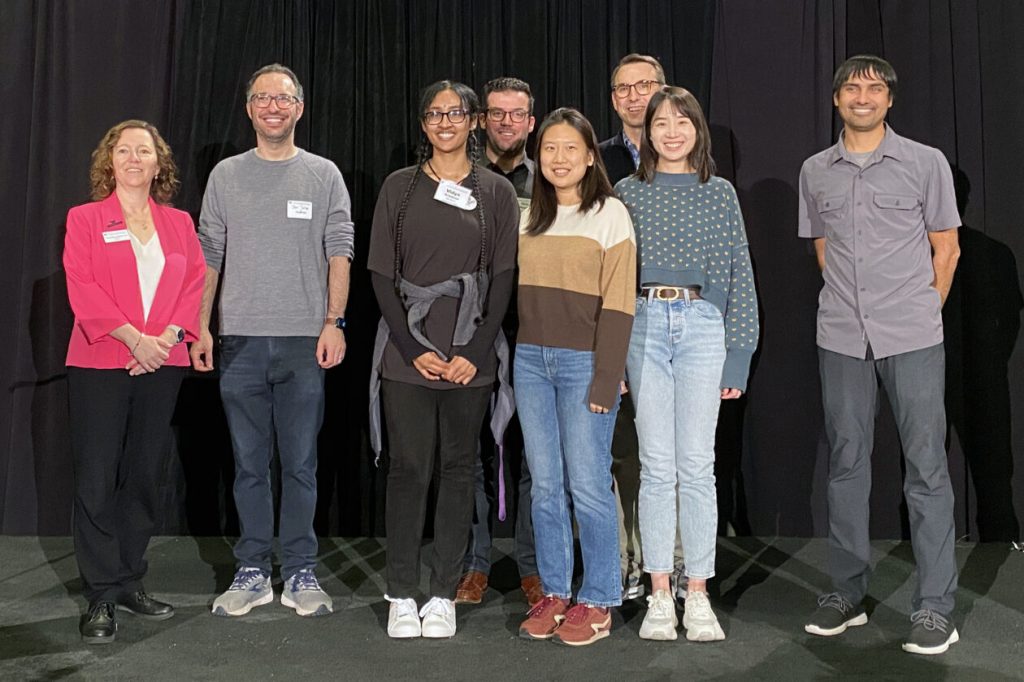The University of Washington’s annual Research Showcase hosted by The Paul G. Allen School of Computer Science & Engineering featured some of the top computer science engineers displaying their latest work. The event included research presentations, technical sessions, and a poster event with over 100 student projects. Seattle venture firm Madrona awards the “Madrona Prize” each year to projects that combine excellent research with commercial potential. This year’s winner is a team using AI to support team communication in remote work environments, with projects such as Meeting Bridges and an AI agent that shares useful information in group chats based on prior social signals.
The winning team, led by primary research author and PhD candidate Ruotong Wang and advised by UW professor Amy Zhang, is focused on improving virtual meetings through AI technologies. Madrona, the venture firm, has invested in Read AI, a Seattle startup that recently raised $50 million. In addition to the winning project, Madrona also recognized two runner-up teams at the poster event: one working on enhancing the performance of large models on wearable devices, and the other developing a new method to sequence proteins using nanopores. The “People’s Choice” award went to two groups for their projects AHA, a Vision-Language Model for Detecting and Reasoning over Failures in Robotic Manipulation, and AltGeoViz, which aims to facilitate accessible geovisualization.
The AI-driven projects showcased at the Research Showcase have strong commercial potential and aim to improve team communication and collaboration in remote work environments. The use of AI agents to automate tasks such as sharing useful information in group chats and enhancing virtual meetings through meeting artifacts shows the innovative work that is being done by students at the University of Washington’s Allen School. Madrona’s recognition of these projects through the “Madrona Prize” highlights the importance of research that not only advances the field of computer science but also has practical applications in real-world settings.
The team led by Ruotong Wang and advised by Amy Zhang is at the forefront of developing AI technologies for virtual meetings, an area that has become increasingly important due to the rise of remote work. With Madrona’s investment in Read AI, a Seattle startup that focuses on AI technologies for virtual meetings, there is significant potential for these projects to have a real impact on the way teams collaborate and communicate in a remote work environment. The recognition of these projects by Madrona and the University of Washington highlights the importance of research that not only pushes the boundaries of what is possible in computer science but also has practical applications that can benefit society.
The future of AI-driven technologies for team communication and collaboration looks promising, with projects like Meeting Bridges showing the potential for improved asynchronous collaboration in remote work environments. By leveraging AI agents to automate tasks and analyze social signals within group chats, these projects are paving the way for more efficient and effective communication within teams. The recognition of these projects by Madrona and the University of Washington underscores the importance of research that not only advances the field of computer science but also has the potential to make a meaningful impact on the way teams work together in a virtual setting.















